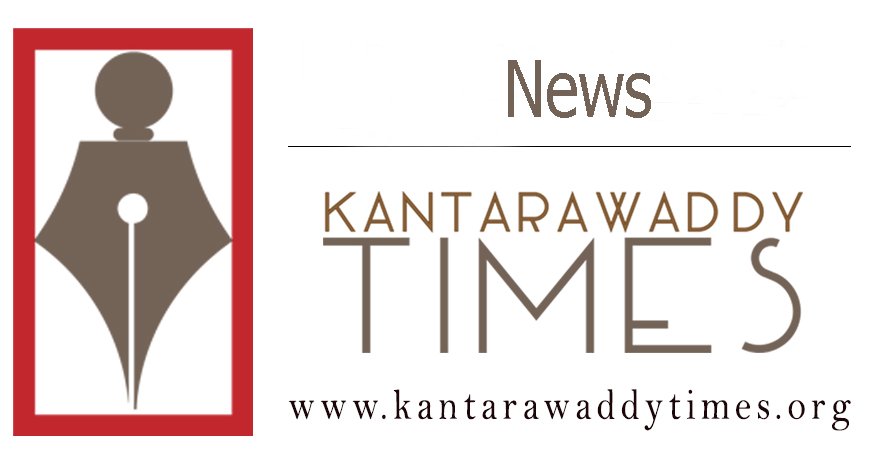Soe Htike Aung
Ko Kyaw Htin Aung, a state affairs ombudsman, said the state peace process would only be strengthened if peace-conscious people are included in the next government.
“Actually, the peace process would become stronger with the ethnic armed KNPP if it includes people who have been trained and know well in peace and include in this remaining phase of current government and also in the third batch of the new government. Whatever we say the people’s government or the government elected by the people; in fact, the most important issues are that if it keeps assigning to only the military or retired military, it would not be able to make a stronger move for the state,” Kyaw Htin Aung said.
The KNPP has said that the current state government lacks cooperation in the peace process.
Khun Myint Naing, from the Kayan National Party (KNP), said that the current NLD government has poor cooperation in the negotiation and agreements which have been made since Union Solidarity and Development Party (USDP) government.
“In areas where the agreement with the KNPP is to be implemented during the NLD era, I would give my analysis that there are due to the differences in the framework, limitations and ideas. In this regard, during the NLD era, there was no such stronger thing as in-state consultations, cooperation, and agreements on the 20 points agreed upon in the state. I assume the state government itself is far away from the KNPP. That is why I want to consider the role of peace in the state under this government unsatisfactory,” said Khun Myint Naing.
Daw Khin Si Thu, a representative of Pyithu Hluttaw, said that participating in the peace process is not just about being a member of parliament representing the people, but only those who are officially elected by the government have the rights to participate in discussion.
“I am a representative of Pyithu Hluttaw. In that case, we call it the Union level. So, at the Union level, we, the MPs, should hold a meeting for peace. They select people to participate in the peace meetings or occasions. We cannot attend as we wish. So, I’m not one of them, being selected. That’s why I can’t go into the details of the discussion in the process that is going on there,” said Dr. Khin Si Thu.
In 2012, the Karenni National Progressive Party (KNPP) and the government agreed to hold monthly talks with the government under Article-20 of the ceasefire agreement, but failed to meet monthly.
This year, only one meeting was held on March 3, and no further meetings were held due to the COVID outbreak.Regarding to the condition of state government’s peace implementation process, the Kayah State government, Karenni National Progressive Party (KNPP) and the National Reconciliation and Peace Center (NRPC) had meetings; once on May 6, 2020, once on July 20, 2019, and once on December 9, 2019, totally three times, according to the state government’s annual work report.


